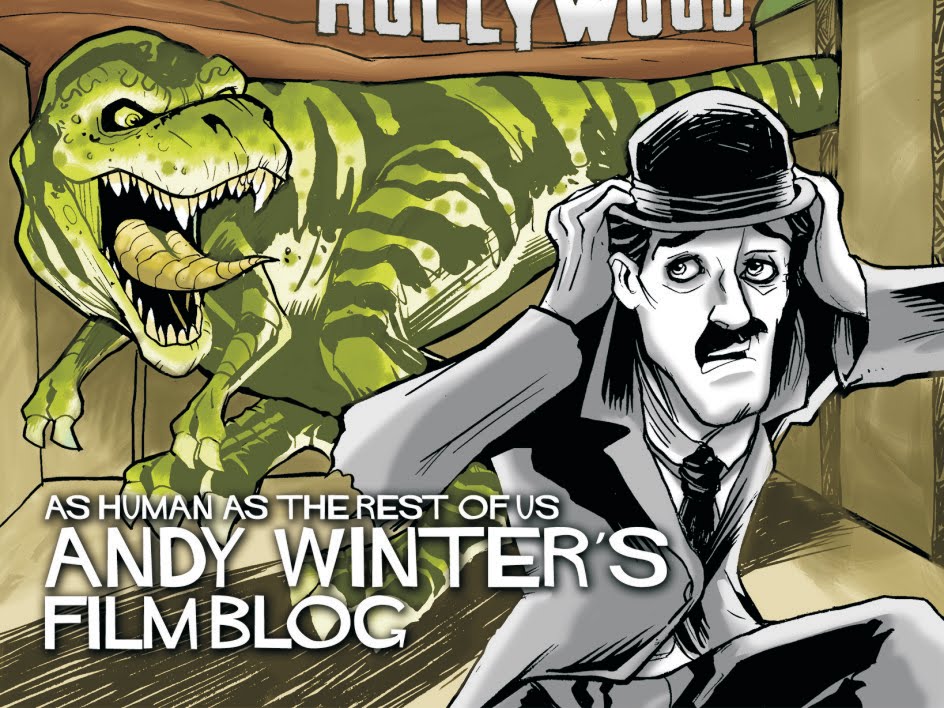Blonde fury: Theron wreaks havoc in East Berlin as MI6 agent Broughton
Ratings guide: WWWW - Wonderful WWW - Worthwhile WW - Watchable W - Woeful
Please note: This review contains mild spoilers
Atomic Blonde
Director: David Leitch
Starring: Charlize Theron, James McAvoy, John Goodman
Running time: 1hr 55mins
It's 1989 and a very bruised and battered Lorraine Broughton (Theron) is being debriefed in London by her MI6 boss Eric Gray (Toby Jones) and his CIA counterpart Emmett Kurzfeld (John Goodman). She is newly returned from East Berlin – just days after the collapse of the Wall – where her mission to find a highly-incriminating who's who of western spies, concealed in a wristwatch, has seemingly gone horribly wrong. We're told the list is so incendiary it could extend the Cold War by 40 years, and witness her mission go south in flashback. Broughton was "made" by KGB agents as soon as she entered the city and spent practically her entire time there fighting to stay alive, her only support coming from the mercurial head of MI6's Berlin desk, David Percival (James McAvoy), and Delphine Lasalle (Sofia Boutella), an inexperienced member of the French secret service. The list in the wristwatch has been stolen but Spyglass has been able to memorise the entire thing, and must now be smuggled through Checkpoint Charlie to the west. As Broughton recounts her tale of woe, the twists start to mount, enough of them, in fact, to give Chubby Checker an aneurysm.
The biggest problem in Atomic Blonde's first hour, though, is Broughton herself. Theron is as game as ever but she's playing someone who is pretty much unknowable – a blank canvass – which might be perfect for a spy but is a bit less interesting if you're a character in a movie that you want people to engage with. In place of a personality, she instead struts around in sunglasses, looking haughty, punching the occasional central-casting communist and having unconvincing sex with Boutella. Leitch and Co are keeping their cards close to their chests because there's a lot they don't want us to know about her – not quite yet anyway. As a result, that first hour or so is sure to work better on a second viewing (once you see how the rest of the film plays out) but its lack of substance and studied trashiness doesn't make it any easier to wade through first time round.
Spy hard: Director Leitch provides action and thrills aplenty
Initially, then, you have to rely on Percival's geezerish charms to nurse the film along. McAvoy has taken on a lot of cartoonish roles in cartoonish movies over the last few years, and I don't know whether his MI6 man has any more genuine depth than Professor Charles Xavier (in the X-Men films), bent copper Bruce (in Filth) or any of the characters he plays in M Night Shyamalan's likeably silly Split, but he's certainly good value here. Because of the twisty plot's diktats, he's in many ways every bit as opaque as Broughton but a lot better written. In fact, Percival doesn't feel like someone from the glum late '80s at all but more a product of the 'have a good time all the time', laddish Loaded '90s – one part Arthur Daley, one part Liam Gallagher, his flat full of contraband goods, as he swaggers drunkenly around Berlin like he owns the place. He's a hoot, in other words, although, like everyone else in the movie, trusting anything he says or does is not an option.
Percival's grip on Atomic Blonde only recedes once the staircase sequence sparks the film into nose-breaking, shin-splintering life, and everything finally starts to click satisfyingly into place. (They are very different films but the notorious "finger scene" in Julia Ducournau's Raw provides a similar function, lighting the blue touch paper on the movie's faster-paced, stronger second half). Leitch puts you on the back foot almost constantly from hereon in, as definitions of good, bad, right, wrong, east and west become increasingly tricky to get a handle on. The curves, zigzags and fake-outs grow ever more outrageous as the body count rises, in a giddy, gutsy finale that leaves you guessing right up to its sucker-punch denouement.
Atomic Blonde is a somewhat schizophrenic film, capable of being head-scratchingly dumb – exemplified by a bit in which The Clash's London Calling begins on the soundtrack just before we cut to, um, Paris – but also smart enough to get a little bit meta now and again. There's an extended nod to Andrei Tarkovsky's Stalker (a 1979 sci-fi classic that imagines a world analogous to Cold War-era East and West Berlin), while a seemingly throwaway line about music sampling sees Leitch acknowledging his movie's magpie tendencies. No Way Out and De Palma's Mission: Impossible, as well as a wealth of British spy fiction, from Le Carré and Fleming down, are clearly visible in its DNA but, if Atomic Blonde isn't the most original or consistent film you'll see all year, it at least delivers one of 2017's most inventive and visceral action set-pieces, as well as an ending both ingenious and wholly satisfying.
Rating: WWW
Atomic Blonde is in UK cinemas now


No comments:
Post a Comment